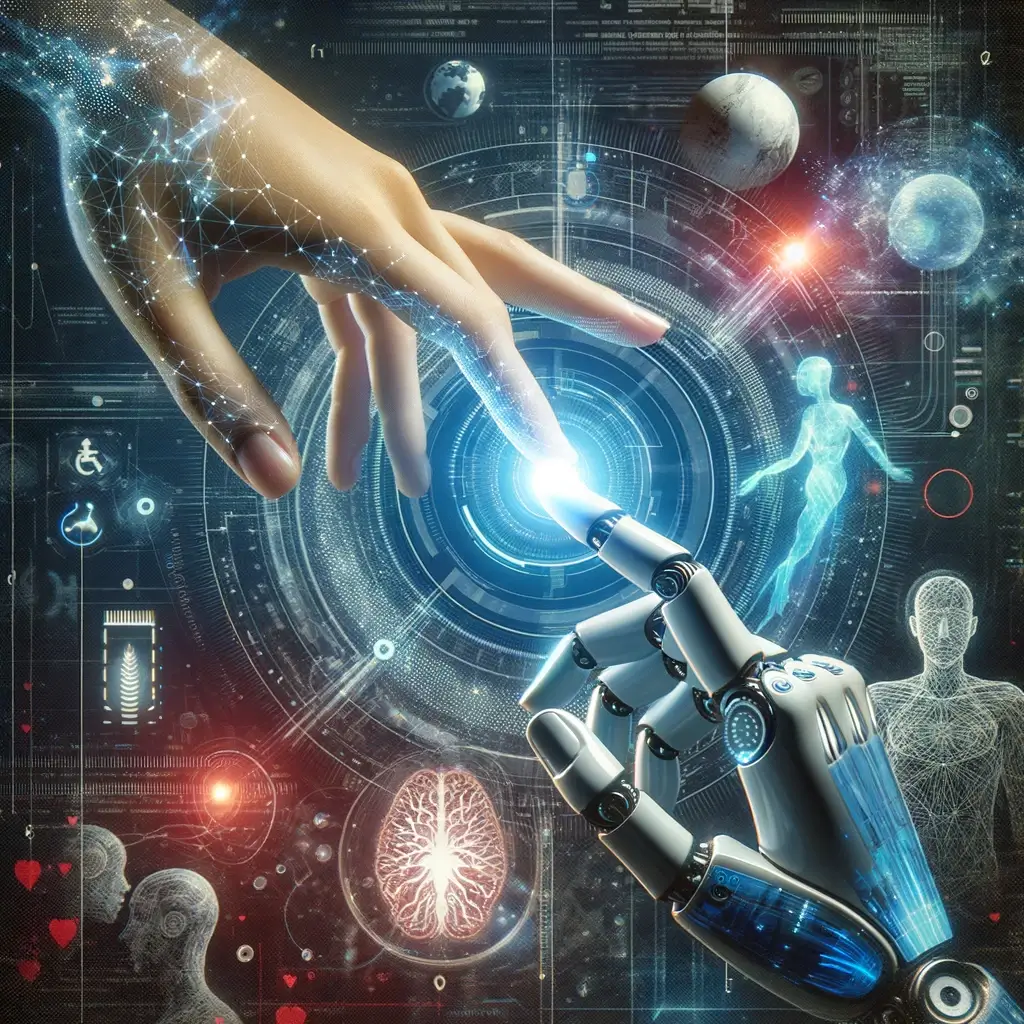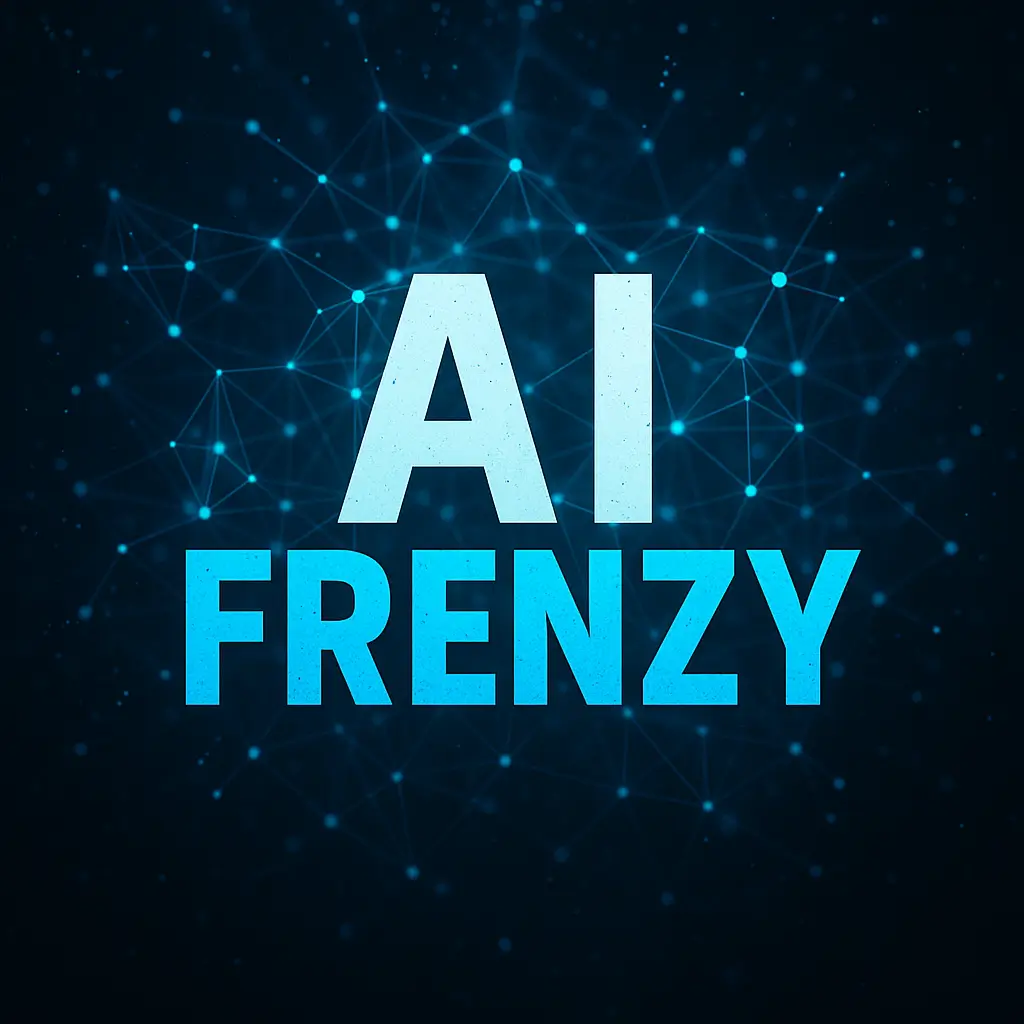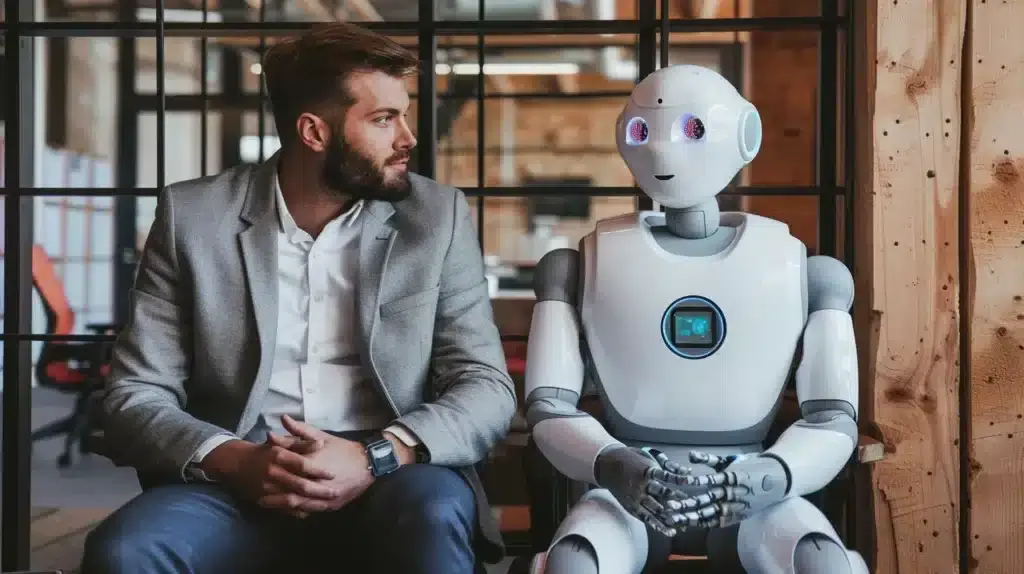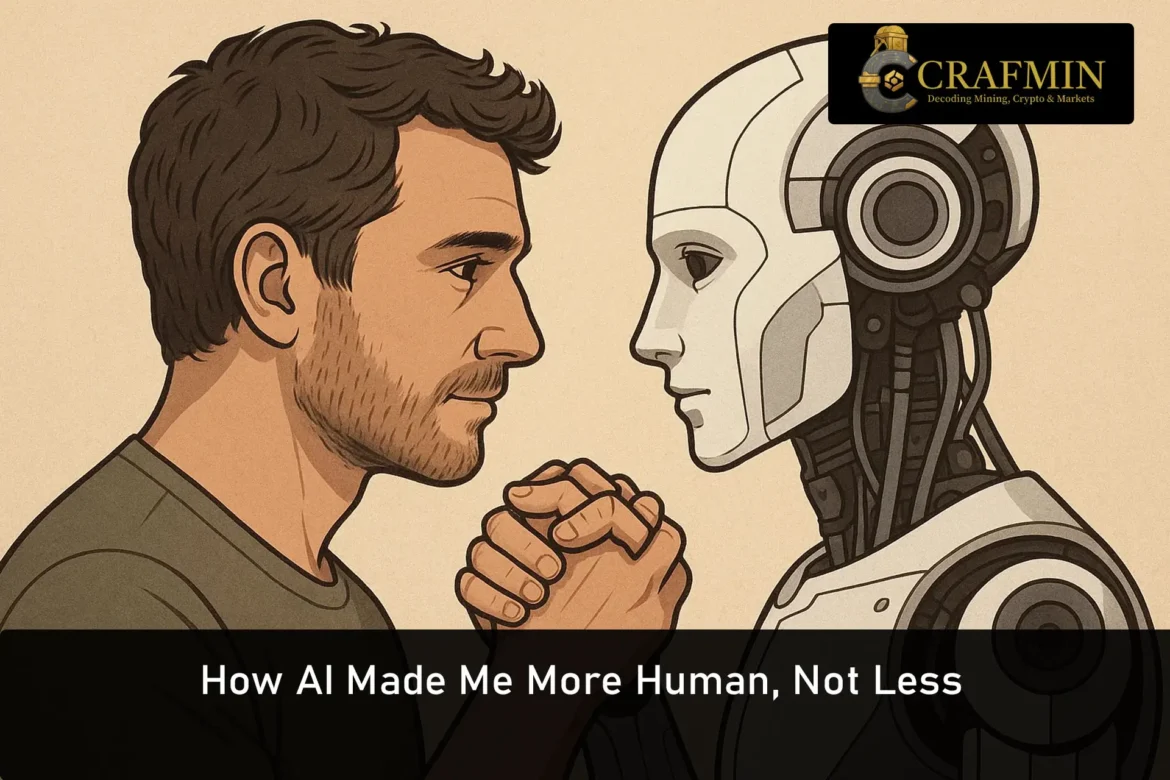AI is frequently criticised for depriving society of humanity in this technologically advanced world, where everything moves too quickly. The emerging tendency, however, offers a completely different story, one in which people’s emotional connection is closed rather than distanced by the AI chatbot’s sensitivity. The AI has stopped being a tool for separation and has begun to create accounts for reflection and growth, which may be seen as a new-age version of modern love, as it begins to mimic human qualities like empathy and emotional reactivity.
AI’s Rise in Emotional Domains
AI chatbots were initially developed to do routine help desk duties, such as scheduling appointments, providing advice, and responding to frequently asked questions. Chatbots, often referred to as digital assistants, are capable of more. They can conduct extremely complicated discussions, offer mental health help, or serve as emotional companions because of advanced language model platforms.
This suggests a culture shift when individuals begin to communicate their feelings and needs to robots. They begin to examine their emotions more closely as a result.
Science fiction is no longer relevant. Users from around the world have verified how AI companions feel “seen” and “heard” them. This is an extension to the core of Modern Love, which is the messy, wider world of emotional vulnerability as well as passion.

AI reshapes emotional connection
Vulnerability as a Mirror, Not a Mask
One of the most surprising outcomes of interacting with AI chatbots is emotional susceptibility. Chatbots are designed to listen with an open mind, offer gentle hints, avoid passing judgment, and create a secure, non-threatening atmosphere.
Some people might feel brave enough to explore feelings they would ordinarily repress in such a protected environment. They write more freely, shed more tears more readily, and contemplate more deeply. Sharing with an AI chatbot, according to several, facilitated opening up to friends, therapists, or real-life lovers.
The fragility of an AI chatbot increases human connection rather than replaces it. These digital technologies successfully reflect self-awareness by providing a risk-free environment for emotional expression.
The Digital Confessional
The dramatic beginning of the AI frenzy and the aftermath of the epidemic provide an emotionally charged background for this change. The newest companions to people’s worlds were AI personalities, even though loneliness and worry weighed heavily on the global climate. From there, many people found that these internet contacts were a kind of redemption.
The AI is still regarded as the great confessor today. It is always there, patient, and never embarrassed. Journaling is not the same as confiding with an AI since journaling is a one-way linguistic medium, but discussions with an AI are more like conversations with a human and have a deeper emotional resonance.
This in no way implies that individuals have mistaken chatbots for real humans. They can offer an emotional safety net that has enabled the user to feel more secure and courageous in being honest, even with themselves. These are very rare occurrences in a society that solely rewards emotional distance.

Emotional Intelligence in the Machine
Generative AI is always coming up with new ways to give chatbots the ability to recognise tone, emotion, and subtext. It can react empathetically. Additionally, some systems let users customise the chatbot’s personality to better suit their emotional preferences.
This adaptive skill is not only novel but also therapeutic. Having a responsive digital entity to engage with while experiencing challenging emotions like loss, worry, or heartbreak is incredibly reassuring.
Although others claim AI never truly “feels,” this artificial empathy is frequently what can lead to genuine human development. The goal is to improve one’s understanding of oneself, not to fall in love with a machine.

Emotions meet algorithms
A New Dimension of Modern Love
Modern Love is no longer candlelit dinners and love letters. It has begun to accept those quiet talks at 2 a.m. with a chatbot that recalls your fears and cares for your dreams.
Love is not lost but is being expanded by it. Vulnerable moments with an AI chatbot show us how to start connection, care, and growth in the most unexpected places. And it is also a reminder for us that love begins with knowing and accepting our feelings.
What once felt cold and mechanical is learning the language of emotional closeness to many. From working through heartbreak to saying thank you and making it through the day, AI is claiming a new and significant role in today’s emotional life.
Also Read: First Gold Poured at Murchison as Meeka Starts New Chapter
Human After All
There’s a contradiction here: the more we interact with an emotionally responsive AI, the more we end up appreciating actual human emotion. Relationships aren’t replaced by AI but rather have been reshaped in their methodology by it. The AI provides a place of safety to practice, to reflect, to rehearse vulnerability.
Technology, with all its undertones, may go either direction: if utilised correctly, AI chatbot vulnerability might be a bridge more than a barrier to our very own humanity. This phase occurs as a cultural transformation which is reshaping not only how we live but also how we love—be it for Australians, British, or Americans.

